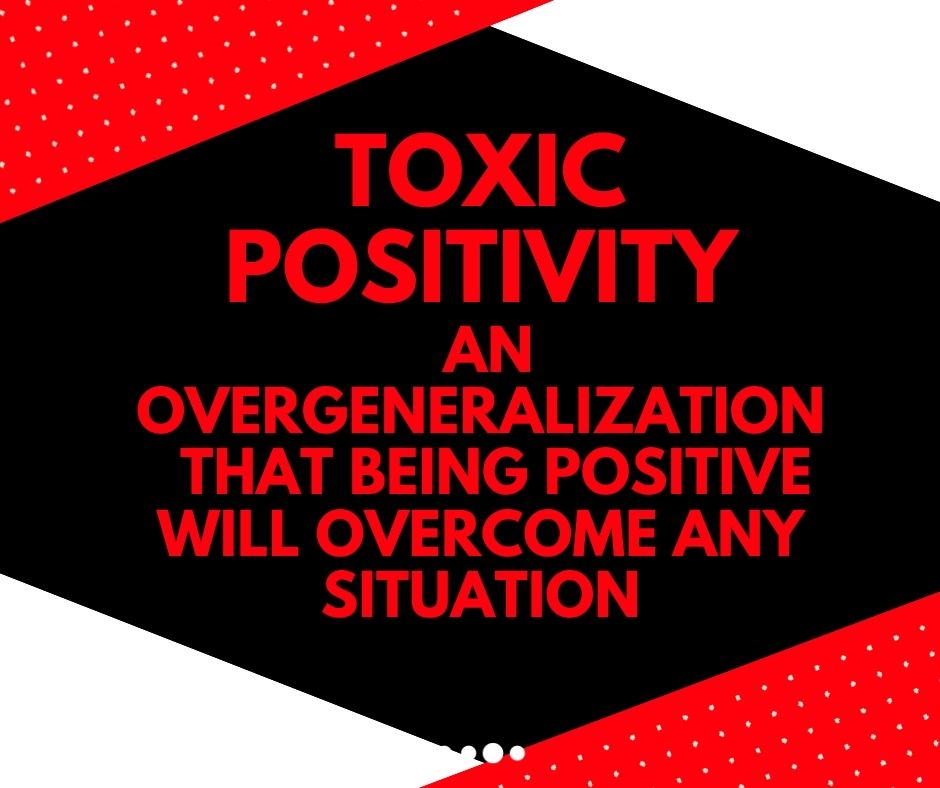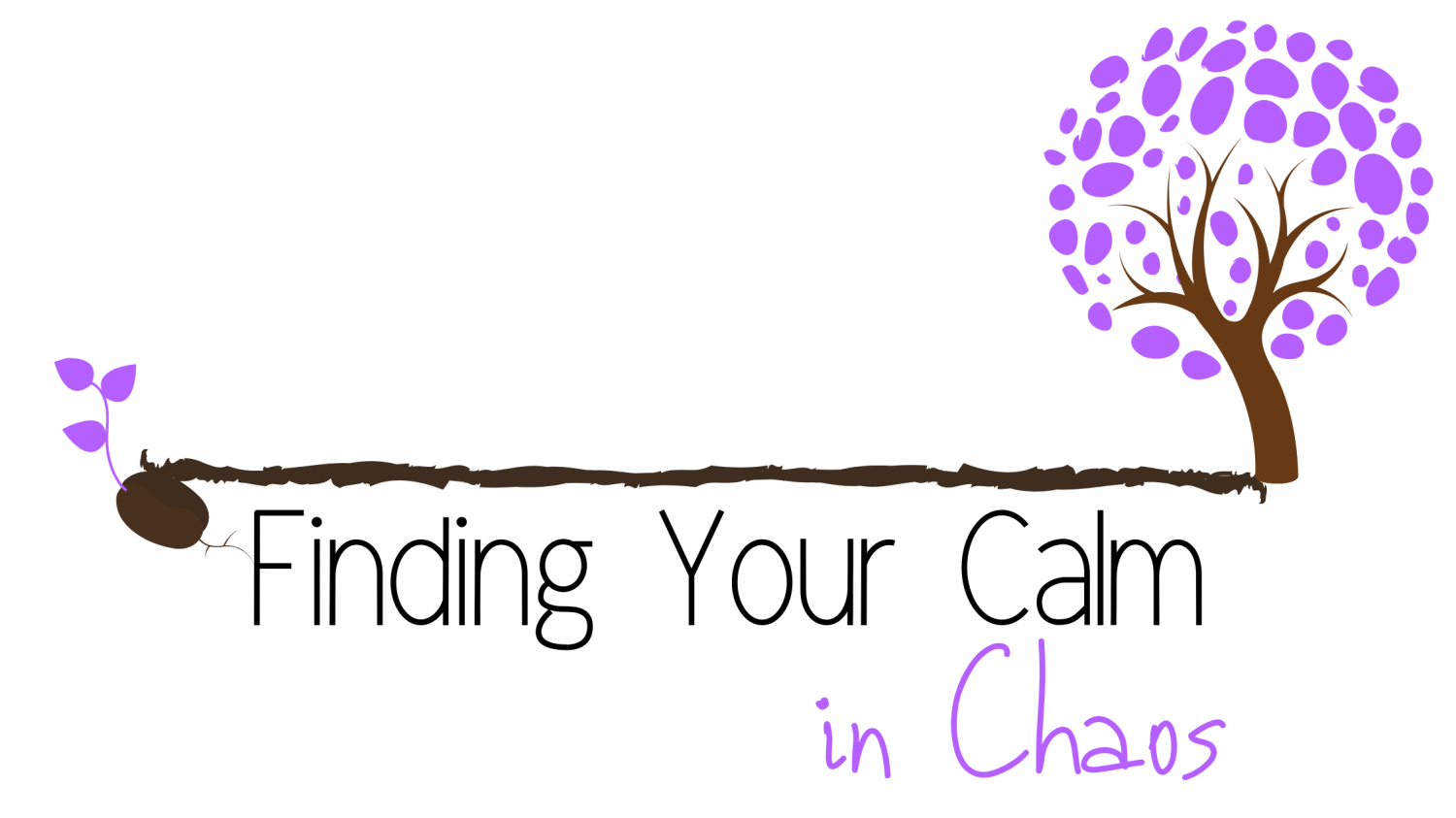
When my children were little, they loved all things, Disney. Each one of them had a favorite show and would want to watch them daily. During the mid-1990s, my family and I lived in Italy, we had no access to American television. My children would spend rainy days watching Snow White, Cinderella, and The Lion King on VHS tapes. My oldest daughter, even from a young age, spent her time observing people’s emotions.
One day she was watching Snow White and turned to me and said, “Mommy, I don’t like Snow White.” She surprised me by saying this because she often would choose this movie. I remember asking why she disliked her. She stated that Snow White was just too happy, that even though she had every reason to feel angry or sad that she was always happy. She said that Snow White should tell the animals why she feels sad instead of pretending she was always happy. She mentioned that Snow White should not have taken the apple from the old lady just because she suggested it was beautiful and magical. I told her I agreed, and it was okay to feel upset when we felt angry, lonely, or scared. This daughter would grow up to study psychology. What my 6-year-old daughter had just identified, years before there was a name for it, psychologists now call Toxic Positivity.
Toxic Positivity is an overgeneralization that states that being positive will overcome any obstacle. This is ineffective, dismissive, and denies most natural human feelings. Toxic Positivity minimizes and invalidates our own and others’ experiences.

How can Toxic Positivity affect us?
This has been a tough year. COVID 19 has changed the way many of us have lived our daily lives. This year my family has also been going through something unrelated to COVID but traumatic. Although, we are trudging through this; the crisis is weighing heavily on our hearts. A few weeks ago, a friend checked on me to see how I was doing. I explained some details and how hard it has been. After listening for a few minutes, she told me I needed to think positive and everything would be okay. She stated that this solution is how she handles every crisis in her life and it works every time. She insinuated that positive thinking alone would help us all to cope with something out of our control. As she spoke, my stomach turned, and I felt uncomfortable. After the phone call ended I realized I felt invalidated and guilty for not being able to just “think” positive. I know she meant well, but these words did not help. What I needed the most was for someone to listen, to be told it was okay to feel angry, that sometimes when things are out of our control it’s okay to feel lost and alone. That day those words did not come instead I was told to stop feeling angry and think positively.
We hear this message from many popular motivational speakers on tv and in best-selling books. They swear by the belief that if we think positive thoughts our current tough situations will turn out wonderful. Although, this theory sounds pretty. It misses a few key points. First, it cannot and does not validate the other person’s feelings. Second, it tells the other person to change their feelings, and finally; it does nothing but make another feel guilty for whatever it is they are feeling.

What does Toxic Positivity sound like?
Toxic Positivity sounds helpful. It sounds supporting. However, it reminds me of Passive Aggressive behavior because it feels like I should be thankful for such positive words when I am feeling upset. However, it comes across as dismissive. When we use Toxic Positivity to help comfort someone it presents itself as a rushed response, dismissive, or a complete denial of their feelings.

Let us take a look at the following example
Julie is a positive person! She prides herself on seeing her glass half full, never half empty. Her friends enjoy spending time with her, having coffee or spending an afternoon shopping, this is a common occurrence for all of them. However, many of her friends have stopped calling her to talk about their issues. She recently felt left out when her close friend Becky’s mother died. Her group of close friends got together to console Becky, but Julie was not told for days. When Julie realized what had happened, she called a mutual friend. It hurt her when she was told that Becky did not feel like hearing that everything would be okay and she did not feel like having a “pep” talk during this hard time. Julie felt confused, how does having a positive friend around possibly upset anyone? Julie was also furious that they had not included her so she could “help” in the situation.
Becky is in a very fragile place where she needs to feel validated and needs to be told that what she is feeling is OKAY. Julie does not understand that her Toxic Positivity is appearing dismissive and by her using these common cliches and phrases, others may conclude that Julie is feeling annoyed for being involved in a crisis and not a cheerful occasion. Becky has asked her friends to not include Julie so she can mourn and work through her feelings at her own pace.

What can we say instead?
Use validating statements that do not tell the other person how to feel. Let them know that you care, you are there and allow them to work through the problem in their own time. Here are some examples of Toxic Positivity statements and what we can say instead.
Instead of: Just think positive! Say: It would upset anyone to be in your situation. It is okay to feel that way.
Instead of: Everything will be ok! Say: I am here for you; I am listening.
Instead of: If you just believe, it will turn out fine! Say: It is probably hard to see any good in this, I am listening if you want to talk it through.
Instead of: Be Happy! Say: I can see that your upset. I am listening.
Instead of: Things could be worse! Say: Sometimes terrible things happen, how can I support you through this?
Instead of: Everything happens for a reason! Say: I know this is hard, let’s talk it through.
Instead of: Only Happy people allowed! Say: I know it feels awful, is there anything we can do that you enjoy?
Instead of: You will get over it! Say: I know this is difficult, give yourself time.
Instead of: You just have to look for the good! Say: It is okay to feel what you are feeling. This is a very hard situation.
Instead of: Stop being a negative Nancy! Say: Some situations feel tougher than others. Let’s talk this out.
 Can you think of any other Toxic Positivity statements? Do you have any that you frequently use that you need to remove from your communication?
Can you think of any other Toxic Positivity statements? Do you have any that you frequently use that you need to remove from your communication?

“If you think only of a positive outcome it will happen!”
While researching this subject, I told a friend I was doing a blog on Toxic Positivity. She mentioned that during the past 7 years she has been trying to get pregnant. Her husband and she had been through many failed In Vitro Fertilization (IVF) procedures. Her husband and mother were by her side each time. Though they thought they were helping, they would tell her that if she just thought positive things that eventually one of the pregnancies would take. When she finally became pregnant, she feared losing her baby, they told her to just think positive and everything would be okay. She lost the baby at 7 weeks. She shared with me that through her grief she blamed herself for thinking about having a miscarriage during the time she was pregnant. It took months of therapy for her to understand her negative thinking did not cause her miscarriage.
The problem with telling someone if they think only good thoughts that the outcome will be good is that the outcome may not be good. When and if it turns out badly, the person may have guilt from not believing and for allowing negative thoughts to dictate the outcome. This is a dangerous statement that I heard before my father’s death. Choose your words carefully when someone is in pain. The human psyche is a fragile thing.

Can Toxic Positivity be self destructive?
Having a positive attitude in life is a beautiful thing, in the right situations. Although I am more of a realist, I admire those that can look at a situation and see a positive outcome. The issue here is when we deny our feelings. When a crisis happens, we must face the situation, accept our feelings, and not diminish our hurt or sadness because we feel we must stay positive.
I once worked with a beautiful woman who had a sunny disposition about everything. She had just celebrated her 7th wedding anniversary when she discovered her husband had been unfaithful for the last two years of her marriage. When she arrived at work the following day after discovering the situation, she told us with a smile that everything happened for a reason, that she was positive this would all work out and it was all in God’s plan. With a smile, she stated she would stay positive and everything would be okay. She insisted that her positive attitude would get her through this. It worried us all that she might not be accepting the situation and was in denial about its seriousness. Six months later she tried to take her own life. This catapulted her into getting help and eventually deal with the pain and deception that had ended her marriage. A few years back, I had a chance encounter with her at the grocery store; she was doing well, and she has since married a wonderful, faithful man. I noticed that the conversation with her was very different; she had replaced the rainbows and unicorn attitude with a confident and healthy personality.
When we believe that having a positive attitude will solve all our issues. We may deny our realities and our feelings. Also, we may not actively be dealing with relationship issues that need our attention, such as boundary setting and emotionally destructive behaviors. It is perfectly okay to have a positive attitude as long as we are aware of possible disappointing outcomes. Many things in our lives are out of our control and we must accept those awful things if and when they happen.
We present Toxic Positivity like a deceptive shiny, red apple. The wicked Queen enticed Snow White with one. Pretty words convinced Snow White that everything would turn out beautifully. On the outside, it looks delicious and comforting, on the inside is a poison that overtime can push those we love away, make people feel invalidated, guilty for their feelings, and cause us to deny the truth about situations out of our control. Positivity is a good thing to have in our lives, However, Toxic Positivity fails to deliver true validation to ourselves and to those we love.
![]() What is Toxic Positivity?
What is Toxic Positivity?
Toxic Positivity is an overgeneralization that states that being positive will overcome any obstacle. This is ineffective, dismissive, and denies most natural human feelings. Toxic Positivity minimizes and invalidates our own and others’ experiences.
![]() What does Toxic Positivity sound like?
What does Toxic Positivity sound like?
Toxic Positivity sounds helpful. It sounds supporting. However, it reminds me of Passive Aggressive behavior because it feels like I should be thankful for such positive words when I am feeling upset. However, it comes across as dismissive. When we use Toxic Positivity to help comfort someone it presents itself as a rushed response, dismissive, or a complete denial of their feelings.
![]() What can we say instead of Toxic Positivity?
What can we say instead of Toxic Positivity?
Use validating statements that do not tell the other person how to feel. Let them know that you care, you are there and allow them to work through the problem in their own time. Here are some examples of Toxic Positivity statements and what we can say instead.






Kkjj
LikeLike